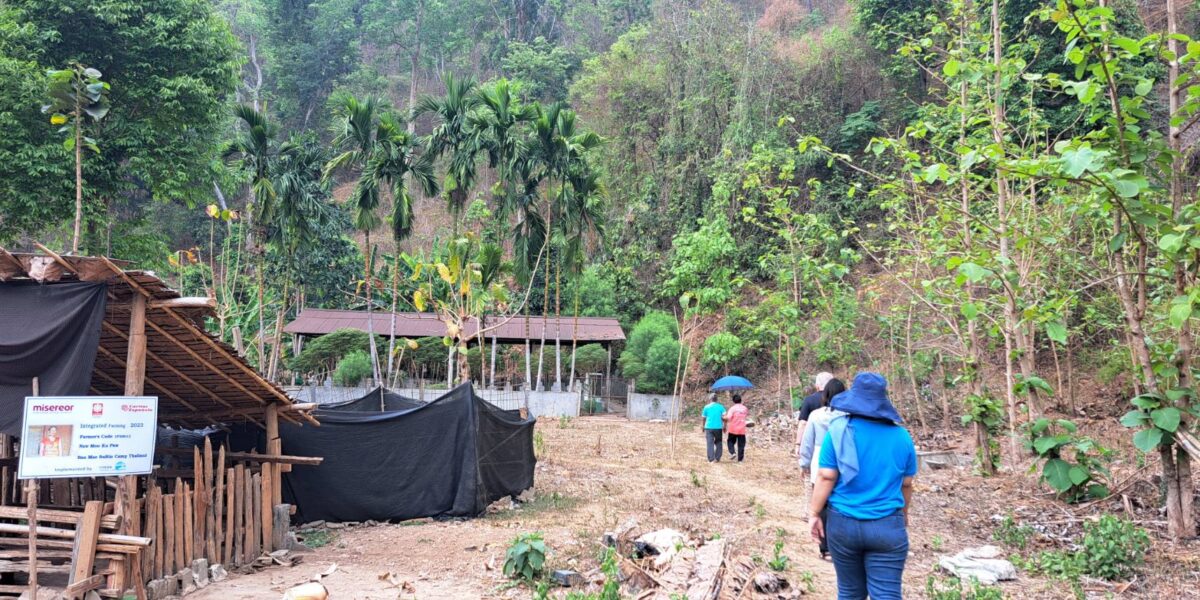Educating for Empowerment: The Journey of Refugees in Thailand
30 December 2024|JRS Thailand

Educating for Empowerment: The Journey of Refugees in Thailand
Jennifer is a 76-year-old education volunteer in a refugee camp in Thailand. Originally from Kayah (Karenni) State, Myanmar. “When people [first] come here, there was no education. I wanted to teach so people could have an education and rise to the top,” she said.
Basic Education in Refugee Camps
JRS Thailand works in two of the nine refugee camps along the Myanmar-Thailand border. We assist the Karenni Department of Education (KnED) to provide quality basic education to more than 3000 students and 200 teachers annually.
Schools in the camps face many perennial challenges. One, the refugee communities lack sufficient resources to fully manage the schools themselves; two, the number of students increase year-on-year, making it increasingly more difficult to maintain quality basic education.
Jennifer is one of more than 200 teachers whom JRS Thailand support with bi-annual training and monthly stipends, in addition to curriculum design and textbooks, enabling them to effectively work as teachers. “JRS supports the needs of the community, giving us knowledge and guidance to improve our lives,” she said.
For nearly 30 years, JRS Thailand has helped to provide education to more than 10,000 refugees, enabling them to be productive members of the community whether in the camps, back in their places of origin, or in other resettled countries.
Outlook for the Future
Four years on, the civil war in Myanmar that began in early 2021 continues unabetted. Kayah (Karenni) State has been among the worse hit, with nearly half of its pre-war population of 400,000 people now either internally displaced or refugees.
JRS Thailand assists mainly refugee schools inside Thailand. JRS is able to help KnED to continuously deliver quality basic education despite the conflict and the challenges it brings.
But committed funding from donors is needed to make this possible.
Moreover, higher education has been nearly decimated. “Basic education is not enough for young people,” Jennifer said. Without opportunities for education beyond high school level, such as university or vocational training, the people of Kayah (Karenni) State will not have the best possible future they deserve.
This is the next challenge that JRS hopes to tackle together with the help and generosity of those who see the value of education in creating peace and prosperity for all.

